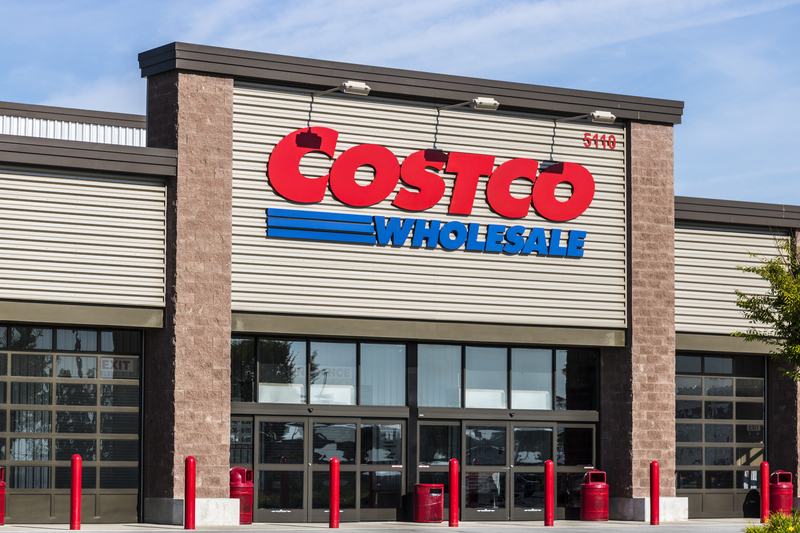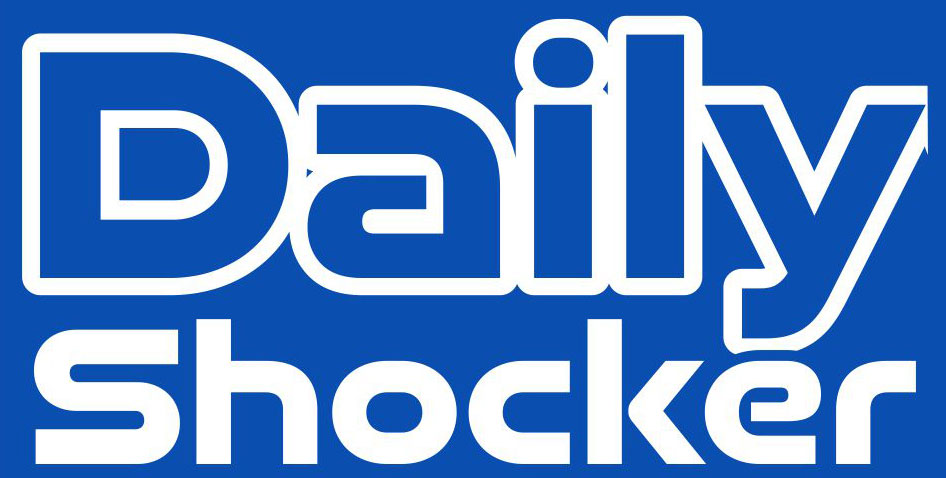
Earnings Per Share (EPS) of $3.78, surpassing analysts’ expectations.
Revenue reached $58.52 billion, exceeding forecasts and indicating robust sales performance.
Financial health is showcased by a moderate debt-to-equity ratio and strong cash flow generation.
Costco Wholesale Corporation (NASDAQ:COST), a leading figure in the global retail industry, recently unveiled its financial achievements for the quarter ending in May 2024. The company, known for its membership-based warehouse clubs offering a wide range of products, has consistently been a benchmark for operational efficiency and customer value proposition in the retail sector. Competing against giants like Walmart and Amazon, Costco’s ability to surpass earnings and revenue expectations highlights its strong market position and operational prowess.
On Thursday, May 30, 2024, Costco reported an earnings per share (EPS) of $3.78, outperforming the anticipated $3.7 by analysts. This achievement is not just a numerical victory but a testament to the company’s ability to exceed market expectations and deliver value to its shareholders. Furthermore, the company’s revenue for the quarter stood at $58.52 billion, surpassing the forecasted $58.02 billion. This indicates not only a robust sales performance but also Costco’s ability to attract and retain customers in a competitive retail landscape.
The financial metrics provided offer a deeper insight into Costco’s valuation and financial health. With a price-to-earnings (P/E) ratio of approximately 50.45, Costco is valued higher than some of its peers, reflecting investor confidence in its future growth prospects. The price-to-sales (P/S) ratio of about 1.43 and an enterprise value-to-sales (EV/Sales) ratio close to 1.42 further underscore the company’s strong market valuation relative to its sales. Additionally, the enterprise value to operating cash flow (EV/OCF) ratio of around 33.86 highlights the company’s efficiency in generating cash from its operations, a crucial aspect for sustaining growth and shareholder returns.
Costco’s financial structure and liquidity are also noteworthy. The debt-to-equity (D/E) ratio of about 0.43 suggests a moderate use of debt, balancing financial leverage with risk. Meanwhile, the current ratio of roughly 0.94, although indicating potential challenges in covering short-term liabilities with short-term assets, is not uncommon in the retail industry, where inventory turnover and cash flow timing play significant roles.
In summary, Costco’s recent earnings report not only demonstrates its ability to surpass Wall Street expectations but also provides valuable insights into its operational efficiency, market position, and financial health. The company’s performance, especially in driving revenue growth through sales in groceries and discretionary items, reflects its adaptability and appeal to cost-conscious consumers. As Costco continues to navigate the competitive retail landscape, its financial metrics and strategic positioning suggest a strong foundation for sustained growth and shareholder value.

